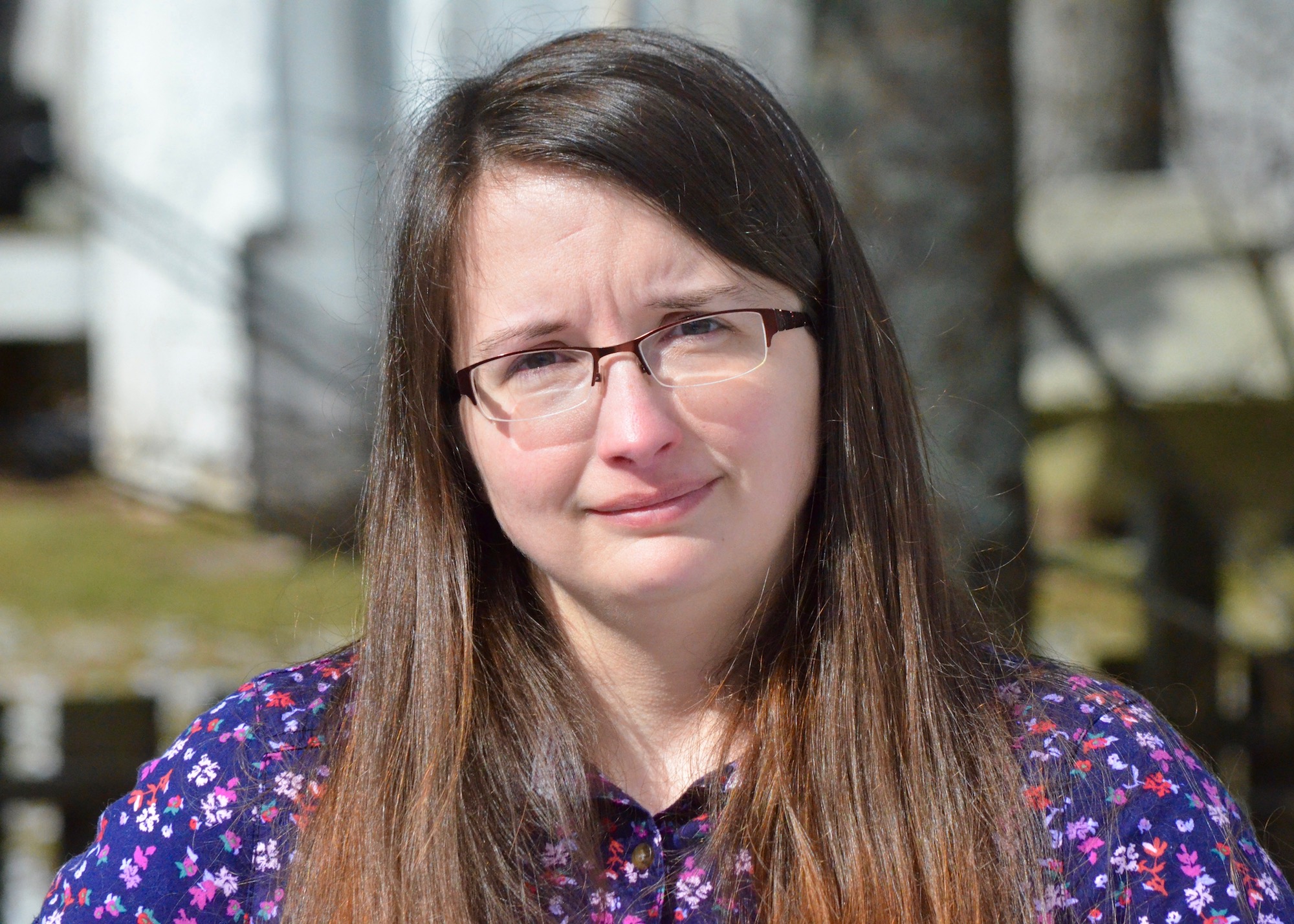Twyla’s story

Few people know Nova Scotia’s mental health system as well as Truro’s Twyla Wilband.
“It’s been a long road to say the least,” Wilband said, who was first diagnosed with anxiety and depression at the age of 14. Living in New Brunswick, Wilband received some counselling at school but the illness became increasingly severe, leading to what she calls “a breakdown” in her home life. She spent much of her youth in foster care and periods of homelessness.
At 16, Wilband moved to Truro. In high school she saw therapists, but felt not was quite the right fit. Finally, she was paired with a social worker to whom she felt she could open up.
“It took two or three years to even talk about why I was there. It was a long process; it was like pulling teeth some days but she stuck with me.”
Accessing services has become drastically worse since she left the school system, Wilband said.
At 19, she was placed on wait-lists even though she was already making frequent visits to the hospital for help. Her course of action? Start a petition.
Wilband collected hundreds of signatures and delivered them to the mental health clinic at the local hospital. She was paired with a social worker almost immediately. “They realized I meant business and I wasn’t going away,” she said. “You almost had to bug them to get help.”
Wilband added, “It’s almost like you need a navigator to navigate the system.”
Between confusing medical jargon, waitlists and excessively complicated systems, she believes some people give up because there’s “too many hoops to jump through.” People fall through the cracks.
In 2014, the social worker Wilband had been seeing for eight years went on sick leave for a second time, this time not returning. “She was basically burnt out. There were no services; no one seemed to pick up any of her clients. So all her caseload…dropped.”
Wilband has lost count of the number of times she has been admitted to inpatient services, both by choice and involuntarily. Most recently, in 2014, she spent five months as an inpatient at Truro’s Colchester Regional, where she’s received varying levels of care over the years.

caption
The hospital in TruroWhen she left hospital in 2014, she was paired with a counsellor but Wilband didn’t feel it was a good match. She was told her only other choice was group therapy.
Wilband isn’t comfortable with that idea and she suffers from other health conditions that make it impossible to wake up for the early morning sessions. She feels she needs one-on-one care, but nobody will listen to her. “I couldn’t be on the waitlist to see anybody,” she said.
“They are not working with people. I’ve lived this journey, I know what I need and what I don’t need, and they’re not willing to work with somebody that knows what they need.”
Truro mental health services suggested Wilband try private therapy, but she can’t afford it. They also recommended she use community services, but Wilband is trained in peer support and has volunteered in the community.
“I don’t feel comfortable going to the places that I’ve volunteered at for services. They don’t send their mental health workers to their colleagues, so why are they sending me to the places that I’m well known and volunteering at?”
Because she lives in Truro, so she’s not eligible for some services in HRM to which she has been referred. A psychiatrist actually suggested she move to Halifax to be obtain care, but Wilband said that would mean leaving all she knows.
She has keep track of the medication she’s taken over the years and their side effects. She said doctors prescribed the same medication “over and over again, not realizing I’ve been on them all.”
Inconsistency plagues all aspects of the system, she feels, and the lack of a continuity of care has Wilband saying “why bother?”
Having to explain her history to a new person each time she needs care or calls the mobile mental health crisis line “almost feels like you have no option. There is no one to turn to because it’s a different person each time. You have to almost re-traumatize yourself.”
Today, she spends most of her time at home with her cat. When she walks around town, people stop her in the grocery store and on the sidewalk to ask about where to go and what to do when mental health crisis come. They need advice on the ins and outs of the system, and Wilband knows it all.
“I’ve lived it and I see people suffering every day trying to navigate a system that’s broken.”
After almost 20 years of falling through cracks and facing roadblocks, Wilband counts on only herself and her faith. She’s developed her own wellness and self-care plan “in order to stay a bit sane, you know, that I can stay afloat and not feel like I am drowning.”
Wilband said despite it all, she feels she has done quite well, believing through hope that recovery is possible. She credits her Christian faith with giving her the strength to persevere, and she also expresses herself through her blog at http://kool2bkind.blogspot.ca, and through her art.
“Sometimes word aren’t necessary when you put paint to paper.”

